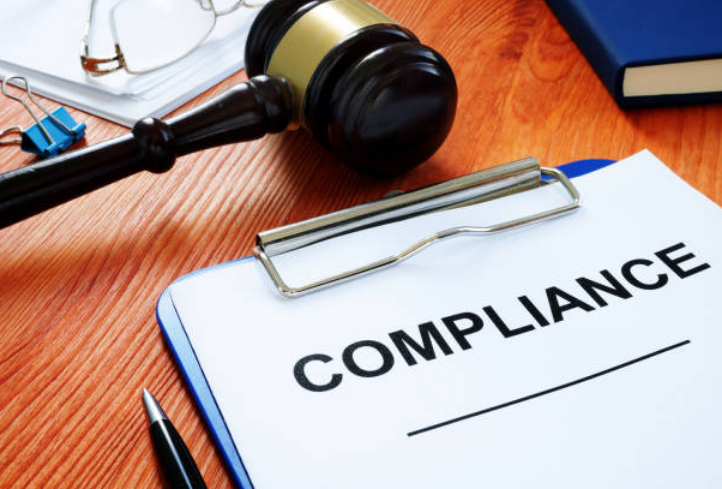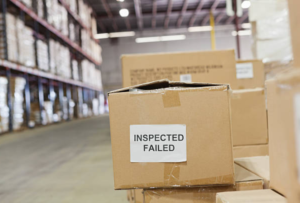Reasons To Hire VA Disability Attorneys

Veterans Affairs disability attorneys can help you get the benefits you deserve. If you are a veteran who has been injured or disabled while serving your country, you may be entitled to compensation from the VA. However, filing for and receiving these benefits can be complicated and overwhelming despite keeping DMDC records. That’s where VA disability attorneys come in. They can help you navigate the process and ensure that you receive the benefits to which you are entitled. Here are reasons why hiring a VA disability attorney is a wise decision:
They Help Determine Your Benefits
 The Veterans Affairs disability benefits system can be complex and confusing. There are various benefits available, and you may be entitled to more than you realize. An experienced VA disability attorney can help you determine which benefits you qualify for and how to apply for them. Veterans seeking VA disability benefits often find themselves up against a bureaucracy that is unyielding and seemingly uncaring. A qualified VA disability lawyer can help you cut through the red tape and get the benefits you deserve.
The Veterans Affairs disability benefits system can be complex and confusing. There are various benefits available, and you may be entitled to more than you realize. An experienced VA disability attorney can help you determine which benefits you qualify for and how to apply for them. Veterans seeking VA disability benefits often find themselves up against a bureaucracy that is unyielding and seemingly uncaring. A qualified VA disability lawyer can help you cut through the red tape and get the benefits you deserve.
The Help With the Application Process
VA disability attorney can help you gather the necessary documentation and ensure that your application is complete. They can also help you track the status of your claim and follow up with the VA if there are any delays. Appealing a denial of benefits can be even more complicated than applying for them in the first place. If you have been denied benefits, a VA disability attorney can help you understand the reasons for the denial and what you can do to improve your chances of success on appeal. If you are awarded benefits, you may be entitled to periodic increases in those benefits.
They Help Schedule Independent Medical Exam and Offer Expert Advice
 One of the essential services that a VA disability attorney can provide is help in scheduling an independent medical exam (IME). An IME is an examination by a doctor who is not connected with the VA and will provide an objective assessment of your condition. This exam can be critical to proving your claim and getting the benefits you deserve. A VA disability attorney can offer you expert advice on what to expect from the claims process and how to best present your case.
One of the essential services that a VA disability attorney can provide is help in scheduling an independent medical exam (IME). An IME is an examination by a doctor who is not connected with the VA and will provide an objective assessment of your condition. This exam can be critical to proving your claim and getting the benefits you deserve. A VA disability attorney can offer you expert advice on what to expect from the claims process and how to best present your case.
They can help you understand the VA’s rules and regulations and make sure that you comply with them. They can also help you prepare for interviews with VA officials and represent you at hearings.…


 Pre-market approval is usually required before a product can be used in the United States. This is done because there is no comparable product or poses a potentially high risk of injury or illness. Pre-market approval involves several steps, including the submission of clinical data to support the product’s claims. The FDA may grant an investigational device exemption to test the safety and effectiveness of the device in a clinical trial. Even after approval, device manufacturers are required to report and monitor any potential issues to the FDA.
Pre-market approval is usually required before a product can be used in the United States. This is done because there is no comparable product or poses a potentially high risk of injury or illness. Pre-market approval involves several steps, including the submission of clinical data to support the product’s claims. The FDA may grant an investigational device exemption to test the safety and effectiveness of the device in a clinical trial. Even after approval, device manufacturers are required to report and monitor any potential issues to the FDA. The U.S. Office of Inspector General has monitored relationships between medical device manufacturers and health care providers. This is because the dispensing of medical devices can affect payments to federal programs such as Medicare and Medicaid. Federal
The U.S. Office of Inspector General has monitored relationships between medical device manufacturers and health care providers. This is because the dispensing of medical devices can affect payments to federal programs such as Medicare and Medicaid. Federal 
